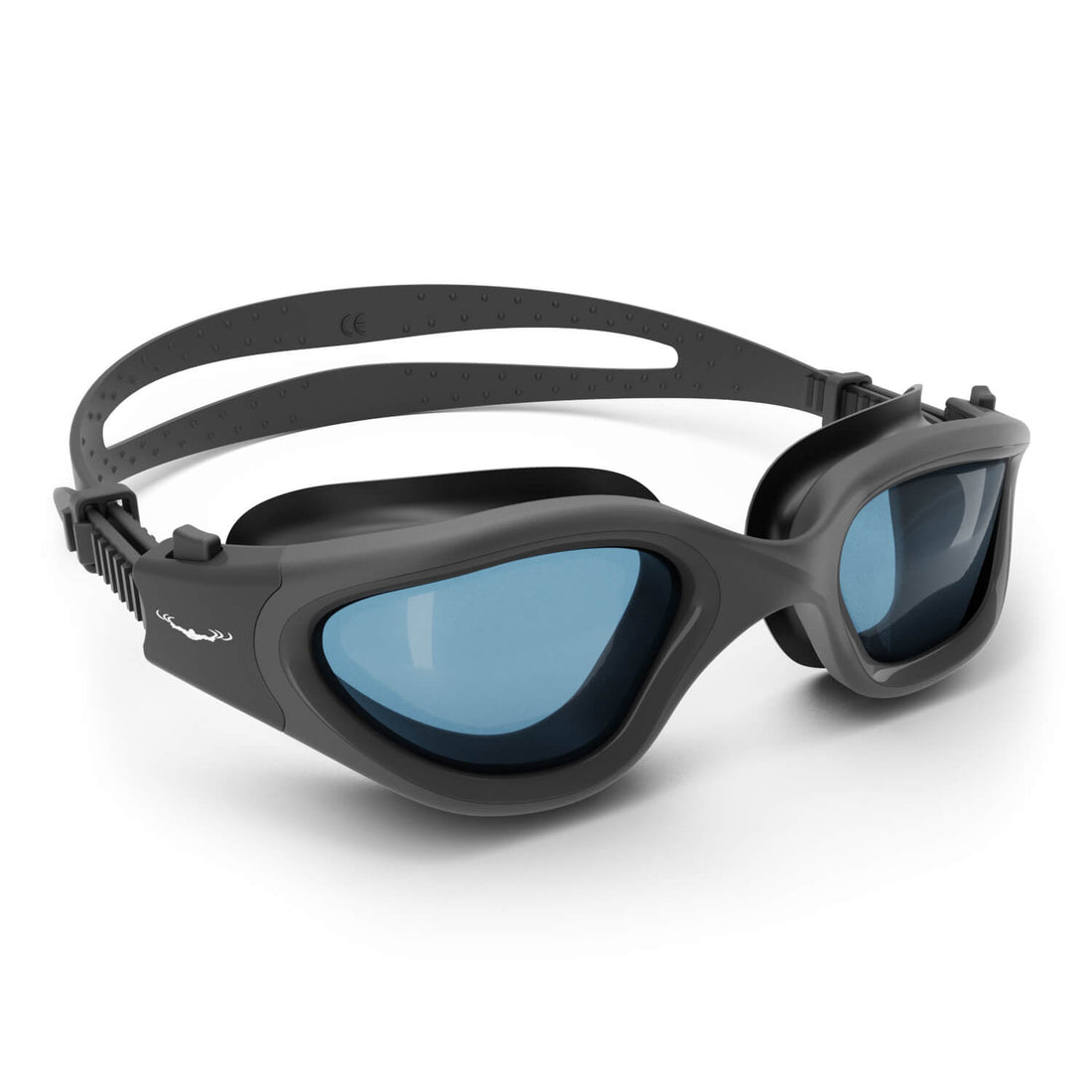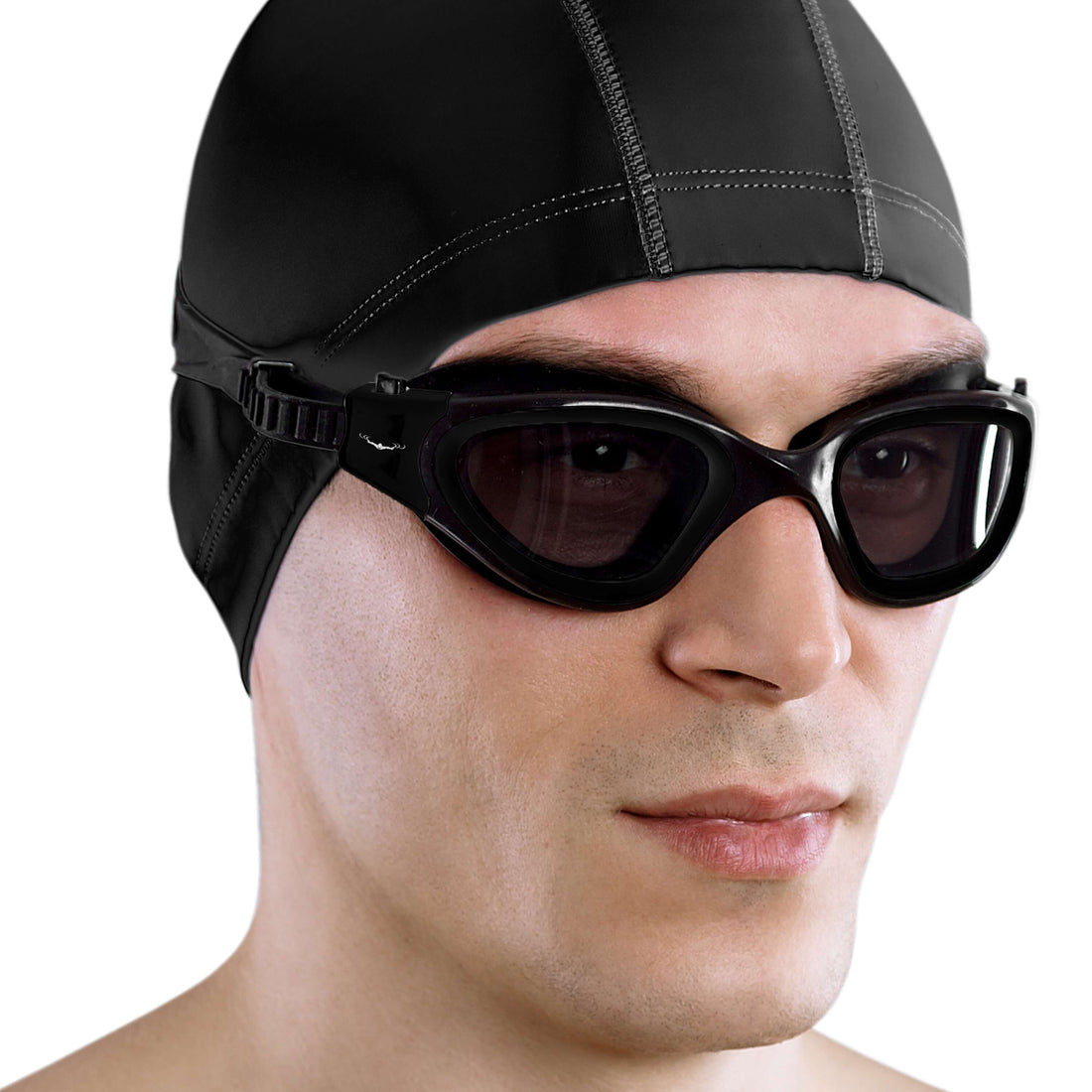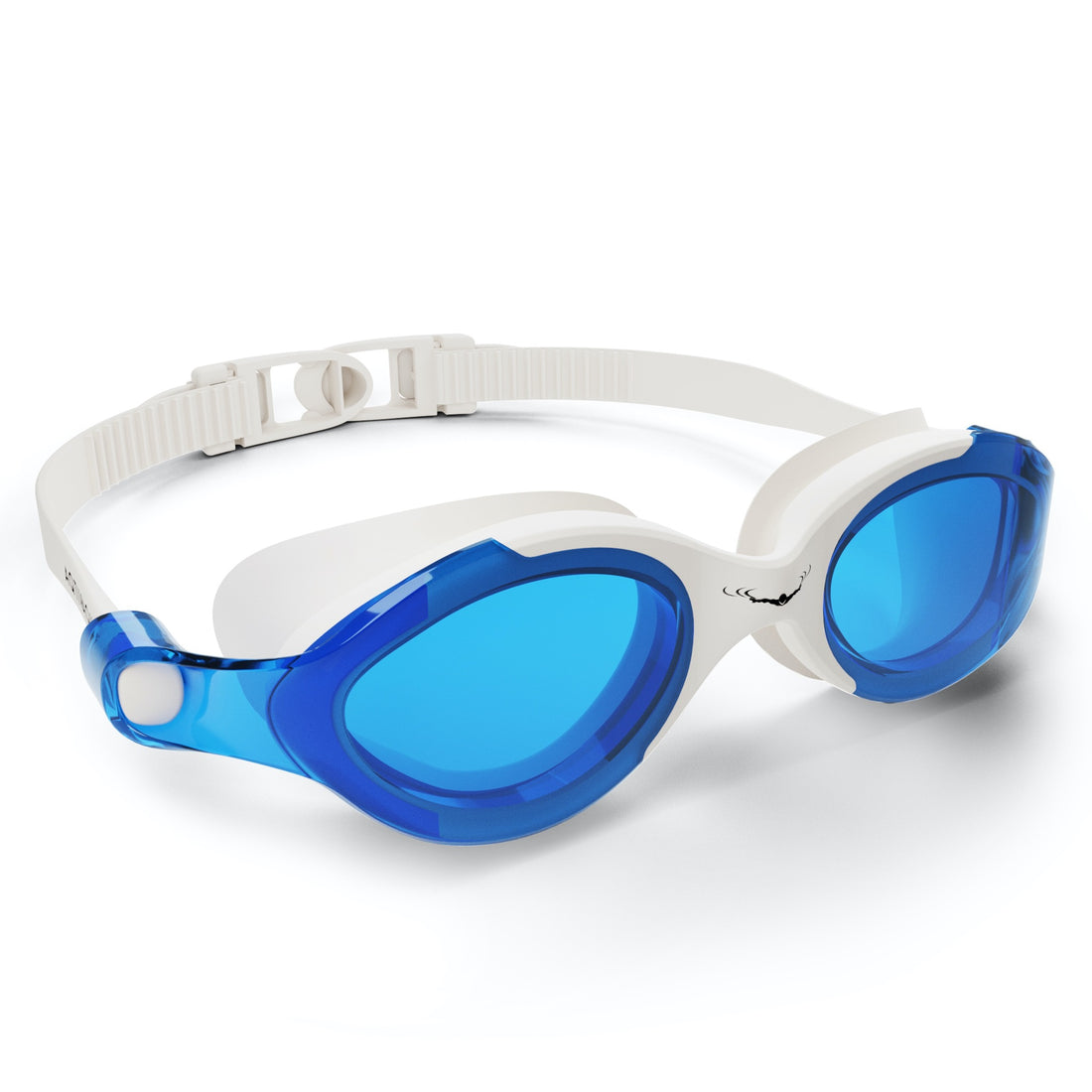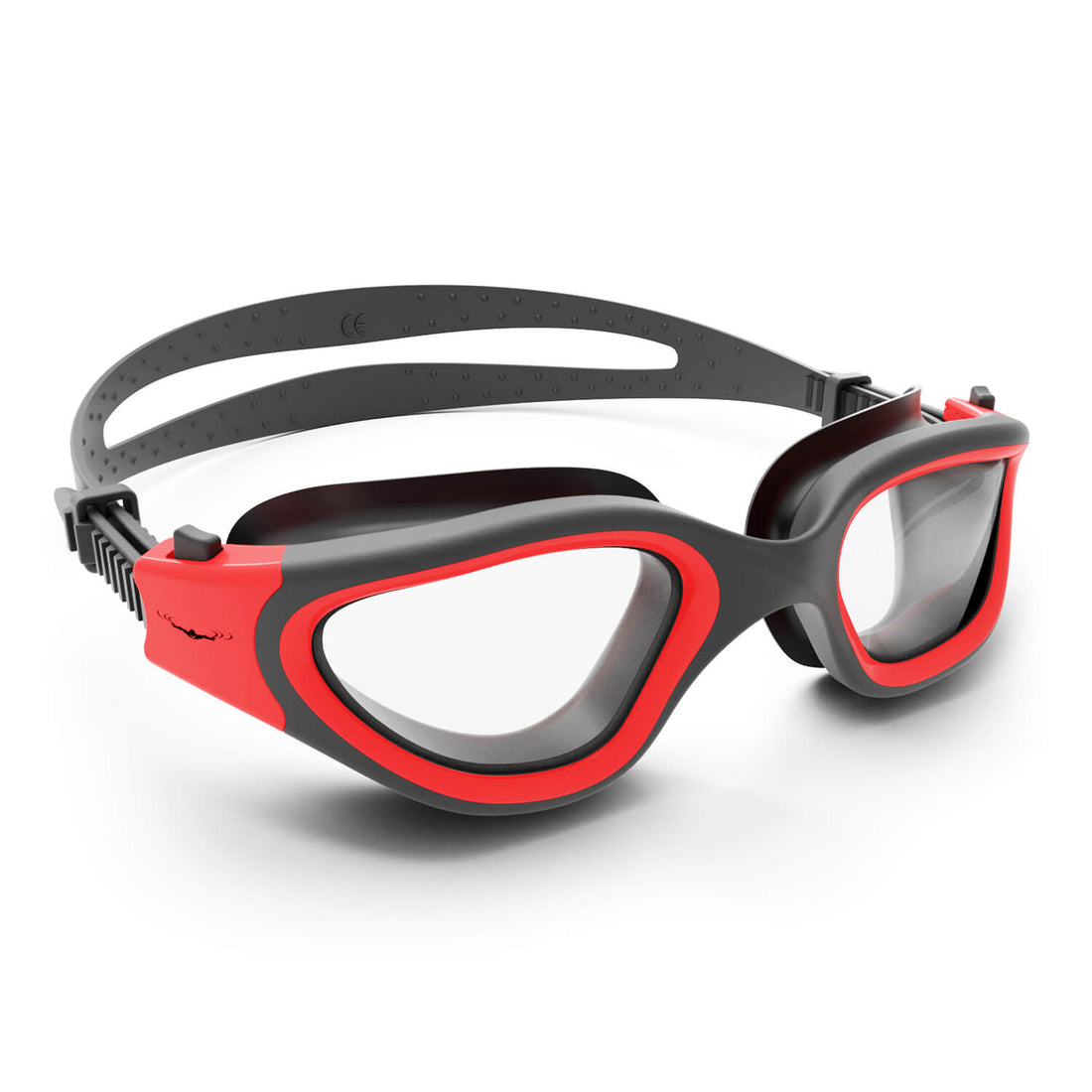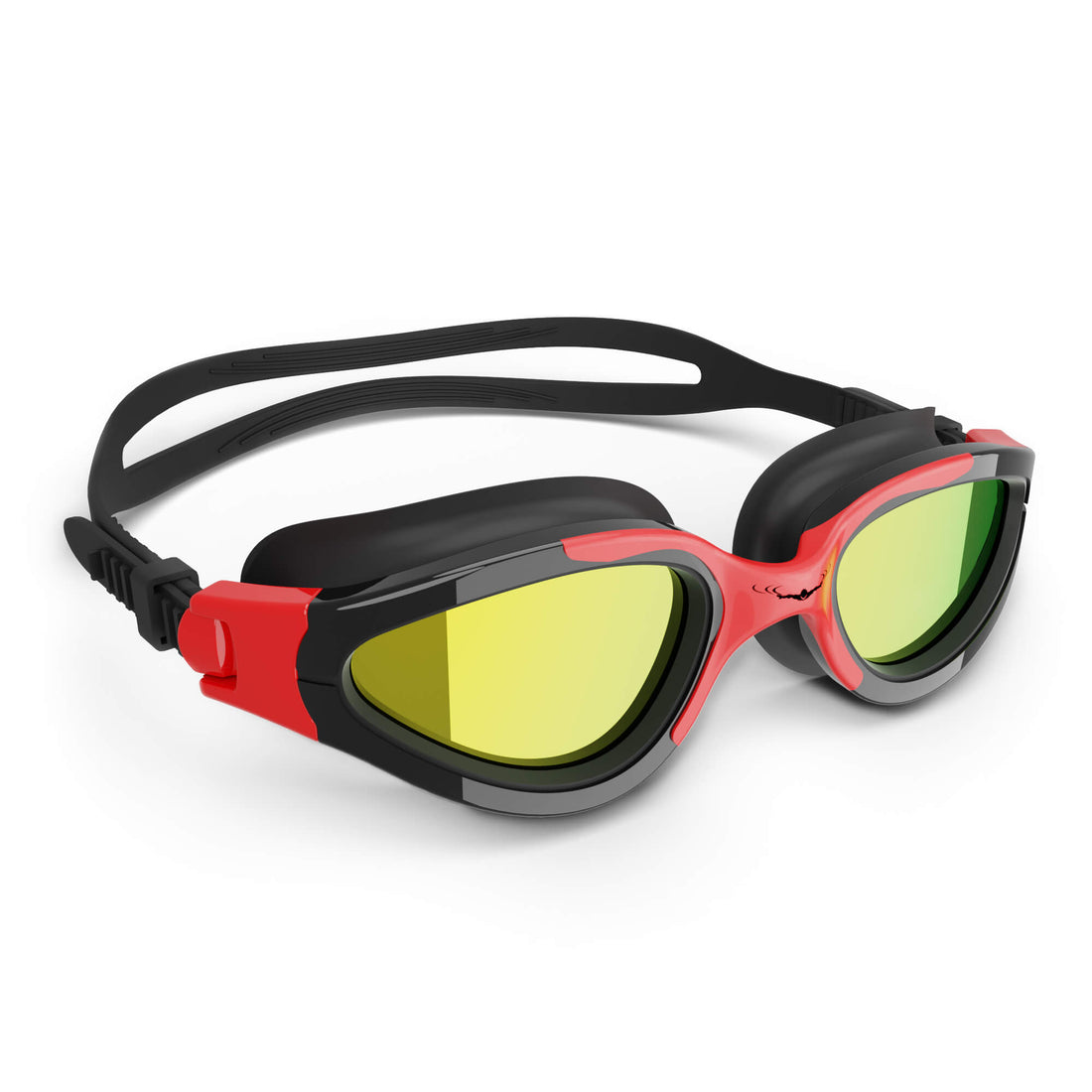Swimming is not only a fantastic way to stay fit and cool off during the summer but also a valuable life skill. When it comes to swimming, safety should always be your top priority, especially for beginners. Whether you're just starting your swimming journey or looking to refresh your safety knowledge, these essential swimming safety tips will ensure you have a fun and secure time in the water.
1. Learn to Swim
Before diving into any body of water, it's crucial to learn how to swim properly. Enroll in swimming lessons with a qualified instructor who can teach you the basic swimming strokes, breathing techniques, and water survival skills. Building a strong swimming foundation is key to staying safe in the water.
2. Use Proper Swim Gear
Invest in high-quality swim gear such as swim goggles, swim caps, and swim ear bands to enhance your swimming experience and safety. Swim goggles help you see clearly underwater, swim caps reduce drag and protect your hair, while swim ear bands prevent water from entering your ears, reducing the risk of infections.
3. Swim in Designated Areas
Always swim in designated swimming areas with lifeguards on duty. These areas are typically marked for safe swimming and monitored for any potential hazards. Avoid swimming in unknown or unsafe waters to prevent accidents.
4. Swim with a Buddy
Swimming with a buddy is not only more fun but also safer. Always swim with a friend or family member, especially in open water. Having a buddy by your side provides an extra layer of safety and support in case of emergencies.
5. Know the Water Depth
Before entering the water, make sure to check the water depth, especially in natural bodies of water like lakes or rivers. Diving into shallow water can lead to serious injuries, so always be aware of the water depth before taking the plunge.
6. Stay Hydrated
Swimming can be a strenuous activity, so it's important to stay hydrated before and after your swim. Dehydration can lead to cramps and fatigue, increasing the risk of accidents in the water. Bring a water bottle with you and take regular breaks to hydrate.
7. Watch for Warning Signs
Pay attention to warning signs and flags posted at the beach or pool area. These signs provide important safety information such as water conditions, weather alerts, and other potential hazards. Always follow the instructions on the warning signs to stay safe.
8. Practice Water Safety Skills
Take the time to practice essential water safety skills such as floating on your back, treading water, and basic rescue techniques. These skills can help you stay afloat in case of fatigue or emergency situations, giving you the confidence to handle unexpected challenges in the water.
9. Avoid Alcohol and Drugs
It's crucial to avoid alcohol and drugs before or during swimming. Impairment from alcohol or drugs can affect your judgment, coordination, and reaction time, increasing the risk of accidents and drowning. Stay clear-headed and focused when in the water.
10. Sun Protection
Protect your skin from the harmful effects of the sun by wearing sunscreen with a high SPF rating. Reapply sunscreen regularly, especially if you're swimming outdoors for an extended period. Consider wearing a swim cap or rash guard for added sun protection.
11. Be Mindful of Pool Rules
If you're swimming in a pool, familiarize yourself with the pool rules and guidelines. Follow the designated lanes for swimming, respect other swimmers' space, and adhere to the pool's safety regulations. By following the pool rules, you can ensure a safe and enjoyable swimming experience for everyone.
12. Stay Calm in Emergencies
In case of an emergency in the water, such as cramps, exhaustion, or sudden changes in weather conditions, it's essential to stay calm and seek help immediately. Signal for assistance, float on your back if needed, and wait for help to arrive. Panicking can escalate the situation, so stay composed and focused on staying safe.
Swim Safely and Enjoy Your Time in the Water!
By following these essential swimming safety tips for beginners, you can enhance your swimming skills, stay safe in the water, and make the most of your aquatic adventures. Remember to always prioritize safety, respect the water, and have fun while swimming. With the right knowledge and preparation, you can enjoy a lifetime of safe and enjoyable swimming experiences!



